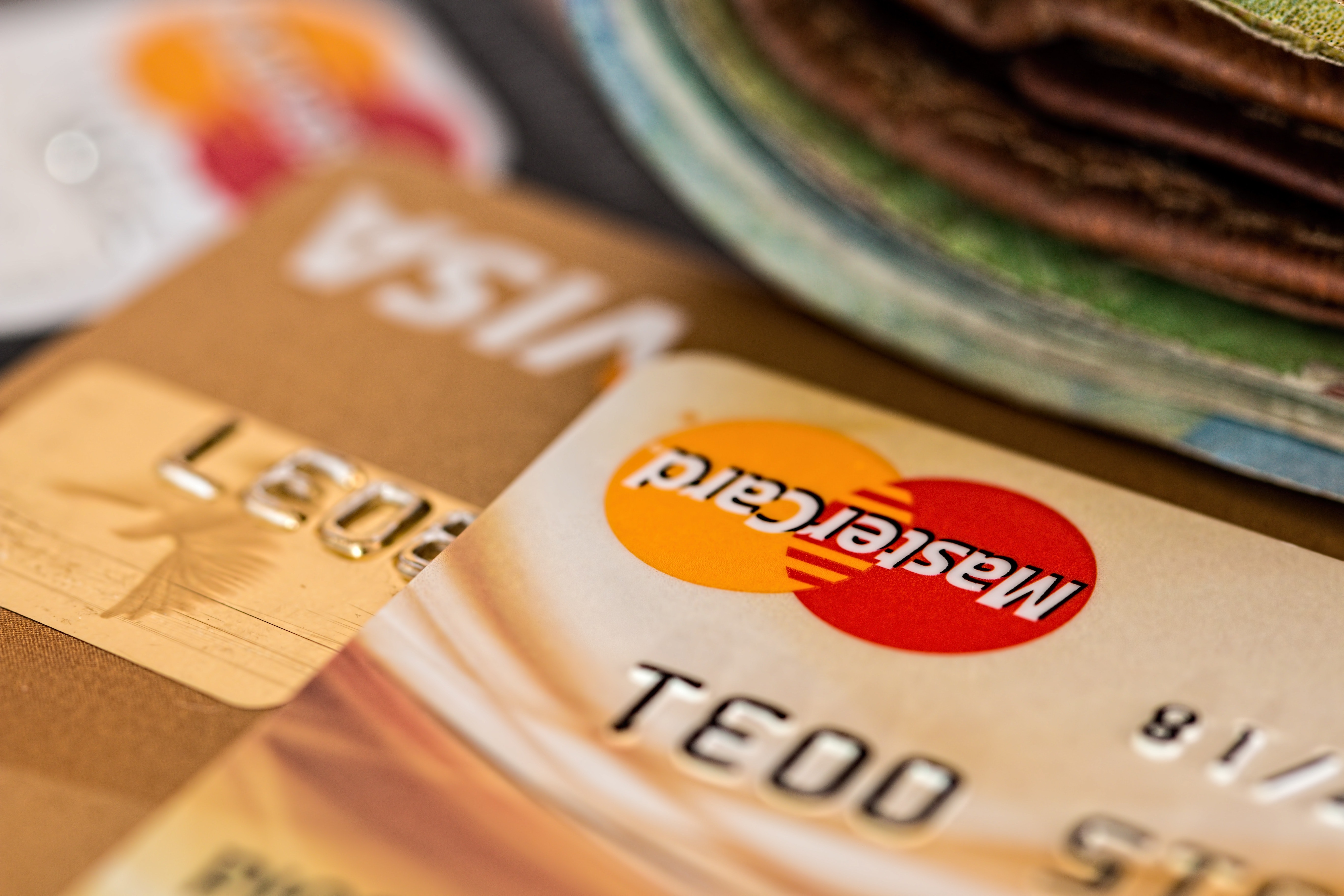Americans Aren’t Paying Their Credit Card Debt. What Could Go Wrong?
Student-loan debt hit an all-time high of $1.4 trillion in the first quarter of 2019, Experian claims. Considering that this is an increase of 116 percent in the last decade, it’s safe to say that young adults are starting their lives with a crushing debt burden. But student loans aren’t the only reason they are struggling: auto loans and credit cards are also hurting their pocketbook.
When compared to other generations, millennials are much less likely to have credit card debt. However, that doesn’t mean they are completely immune to it. As a matter of fact, most of the debt millennials between the ages of 25 and 34 carry comes from credit card use.
According to WalletHub’s latest Credit Card Debt Study, Americans of all ages repaid $38.2 billion in credit card debt during the year’s first quarter, making this the fourth-largest quarterly payoff ever. But despite this large sum, WalletHub estimates that consumer credit card debt will increase $70 billion for 2019 alone. Considering that Americans now owe more than $1 trillion, millennials are in as much trouble as their older counterparts. And as experience shows us, it is precisely as we age that we start to rely more on credit cards. Will millennials act differently?
To WalletHub CEO Odysseas Papadimitriou, current trends seem to indicate that they won’t.
When talking about how little of their debt Americans paid in the first quarter of 2019, Papadimitriou said that the fact that Americans are paying back less of what they owe proves that “consumers aren’t quite as healthy as some other metrics may indicate.”
With “the average household currently [owing] roughly $8,390,” he added, and the first-quarter paydown being so small, it might not be far-fetched to expect millennials to lose some of their net worth over time thanks to credit card debt.
Government and Personal Responsibility
The fact that the government created the current student-loan crisis is a well-established truth at this point. However, what few people talk about is how credit card debt can also be traced back to government’s bad monetary policies.
Credit card companies offer cards with high-interest rates because consumers who rely on credit cards are more likely to default. In order to make sure they can cover their costs and make some profit, these companies attach high-interest rates to their products, even when competing with other companies to appeal to a greater audience.
But the fact that so many people rely on credit cards for basic purchases and even to pay bills says something else about the country’s economy: the dollar’s purchasing power hasn’t kept up with inflation.
After the 2007 financial crisis, the Federal Reserve’s go-to policy was keeping interest rates low and expand its balance sheet, effectively creating a greater reserve of U.S. currency and putting more paper money into circulation.
While those who put their hands on this money first, such as Wall Street junkies, do make a profit, everyone else loses in the long run as the government’s policy of expanding the money supply and artificially inflating the prices of resources, as a result, devalues the currency. If living life wasn’t as expensive as it is now thanks to the country’s misguided monetary policies, then perhaps Americans wouldn’t rely on credit cards as much.
It is true that consumers would also be less likely to rely on a credit card, to begin with, if they understood what it meant to their finances in the long run. Unfortunately, they lack basic financial literacy and often see credit cards as a part of life.
In the end, both ignorance regarding their financial decisions and the government’s misguided policies are creating a ticking time bomb.










